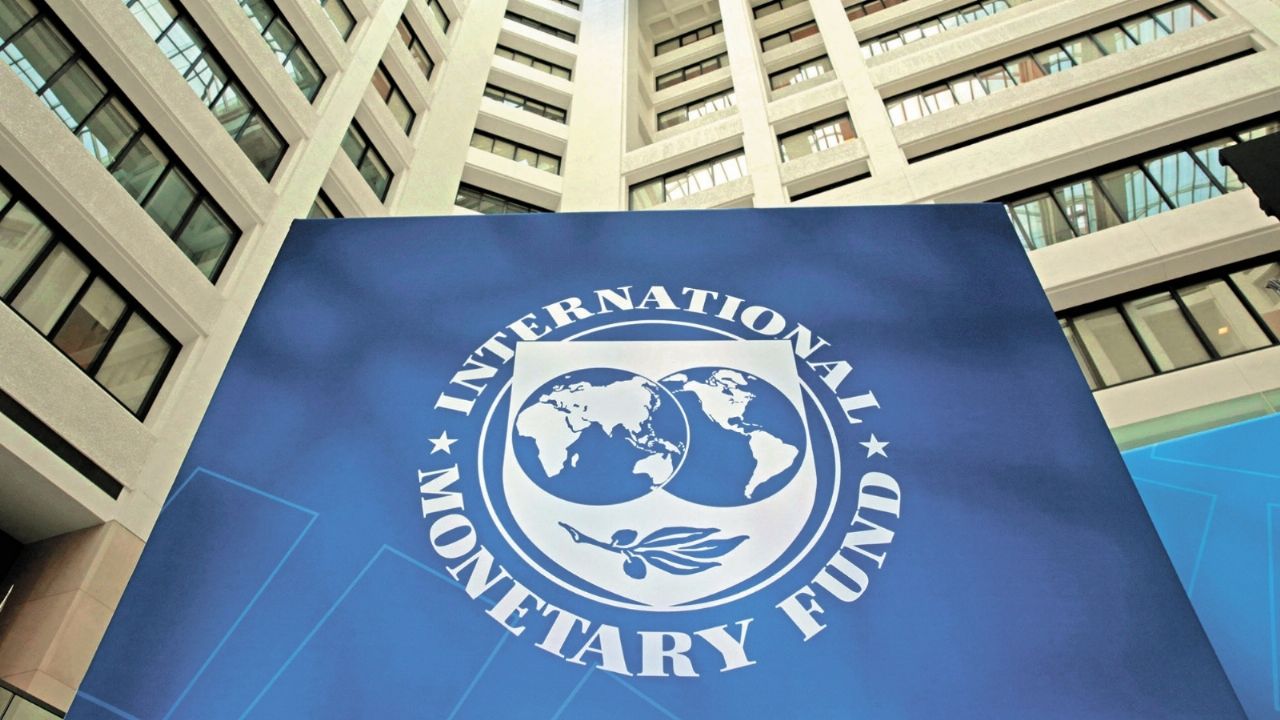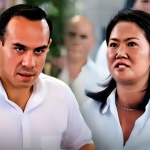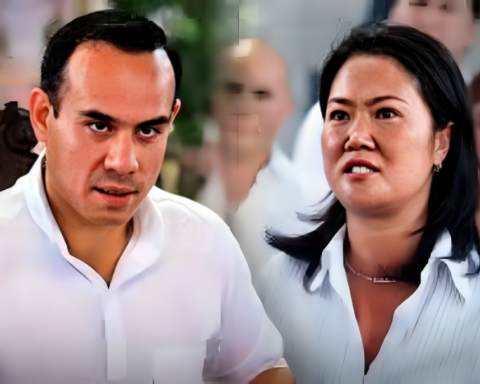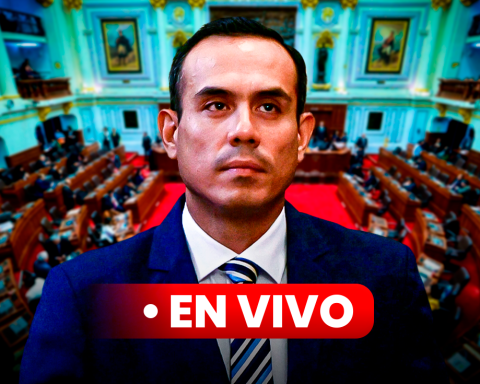With the beginning of the Ordinary Sessions, the Government has more pressure to present as soon as possible the agreement that is about to be closed with the International Monetary Fund (IMF).
Although last week there were obstacles in the negotiation with the organismdue to the increase in tariffs, since the IMF requires a tax reduction, from the Executive they assured that there was already a consensus.
In this sense, in relation to the rate increases, it was established that these will be below the salary increase, with which the agreement with the IMF would be about to close.
Even Alberto Fernández assured at the beginning of the Ordinary Sessions that the economic team and the organization’s staff are still in negotiations and that this week the final document would be presented in Parliament.

This premise would also have been confirmed by the Treasury team, where they assure that the most important commitments have already been closed and that it is only necessary to polish details.
That’s the way it is, the document would lack work on editing and translating the memorandum of understanding so that it can finally be brought up for debate in CongressBetween this and next week.

Alberto Fernández’s statements complicate the vote on the agreement with the IMF
During the opening of the Parliamentary Sessions, the president briefly explained what the refinancing of 44 billion dollars with the organism.
In this sense, the Head of State assured that national funds will not be used to pay the loan and that no new debt will be accumulated. However, Fernández also made harsh accusations against Mauricio Macri.

In the first instance, the president stated that his predecessor had agreed to “impossible payments” and that the debt assumed in 2018 with the IMF did not have the approval of Congress.
Thus, the president stated that he will request an investigation to find out the origin of the debtwhich was not well seen by the deputies of Together for Change, who, faced with the accusations, withdrew from the premises.
Thus, the displeasure among the parliamentarians could complicate the voting, especially when the ruling party remains divided and may not fully support the president.

















